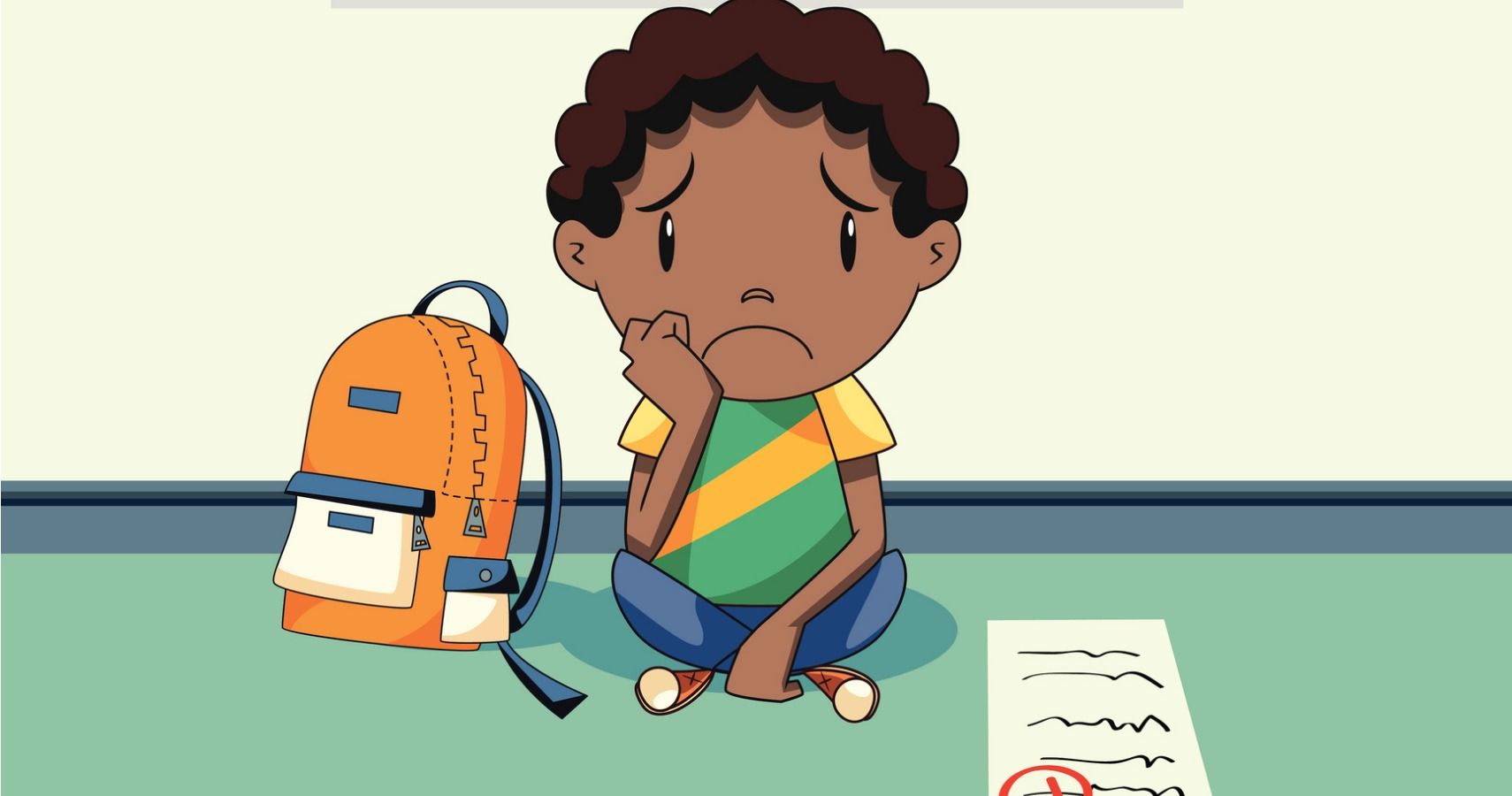For many parents and students across the United States this week it was report card week. The holiday season not only marks an exciting time for children but also a potentially stressful time as marking periods come to a close and children bring home their grades as they ready for the holiday break. Now a new study is showing a startling statistic related to report cards that has researchers shocked.
According to a new study published by Jama Pediatrics by researchers in Florida, there is an increase in reported child abuse cases the day after a child gets their report card, but only when they get their report card on a Friday. The study looked at 64 different Florida counties that had Friday release dates for report cards in the 2015-2016 school year. It studied data of reports of abuse of children between the ages of 5 and 11 that were called into the Florida Department of Children and Families abuse hotline. The study found a total of 1943 verified cases of physical abuse during the time studied. What researchers found interesting is that the incidence of child abuse only rose when reports cards were handed out on a Friday.
"Anecdotally, we know a lot of parents will spank their children or use corporal punishment if they're unsatisfied with their school work," said University of Florida psychologist Melissa Bright who was the lead author of the study. Bright hypothesized that the increase in abuse may be due to children having a weekend off school where any potential bruises or injuries will be less noticed, as teachers are obligated to report any suspicions of abuse, or that parents are busier during the week and have less time to focus on lower grades.
The study found an increase of almost 4 times of verified child abuse reports on a Saturday after reports cards were handed out on a Friday. “Physical abuse included physical injury, bizarre punishment, asphyxiation, burns, bone fracture or internal injuries,” the study said.
Dr. Randell C. Alexander, an author of the study and the chief of the child protection and forensic pediatrics division of the University of Florida’s College of Medicine, said he had heard tales of child abuse from children for years after receiving unsatisfactory (to their parents) grades. “When you say, ‘How did you get it?’ they say it’s because of their report card,” Alexander said.
Researchers were shocked at the correlation between report cards going home on a Friday and the rise in child abuse reports. “We know a lot about what predicts child abuse,” Dr. Bright said. “But we don’t know when. If we have a better idea of when child abuse happens, then we can target our prevention efforts more effectively.”
Although the data is just preliminary, Dr. Bright suggests that possibly releasing report cards earlier in the week may help teachers observe their students for possible signs of abuse, and the data will allow other researchers to further study the links between report cards and reported instances of child abuse.

